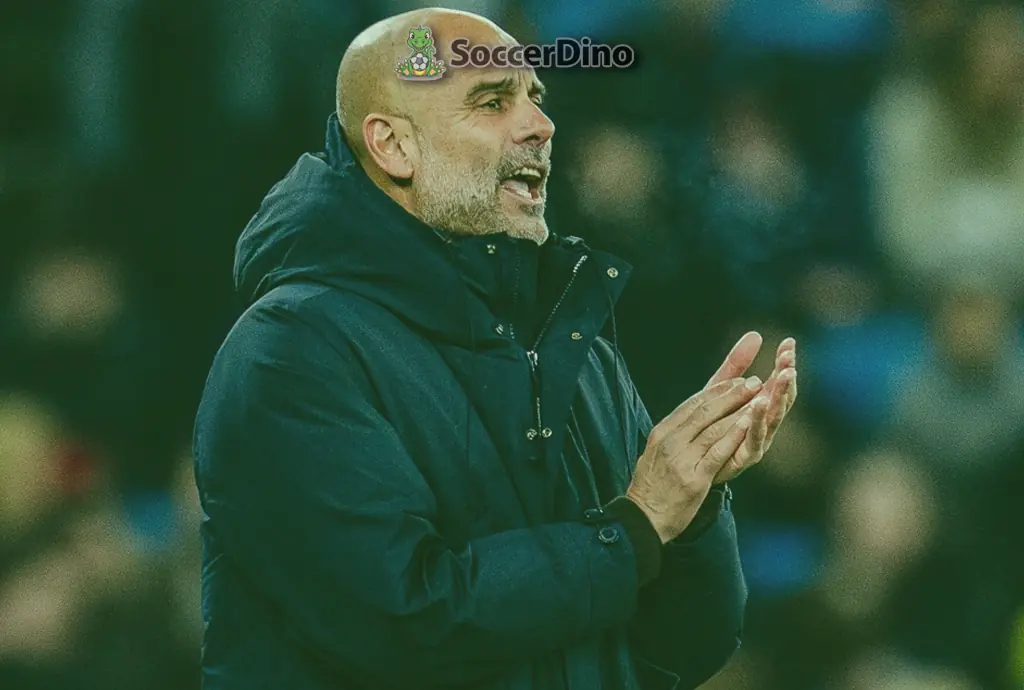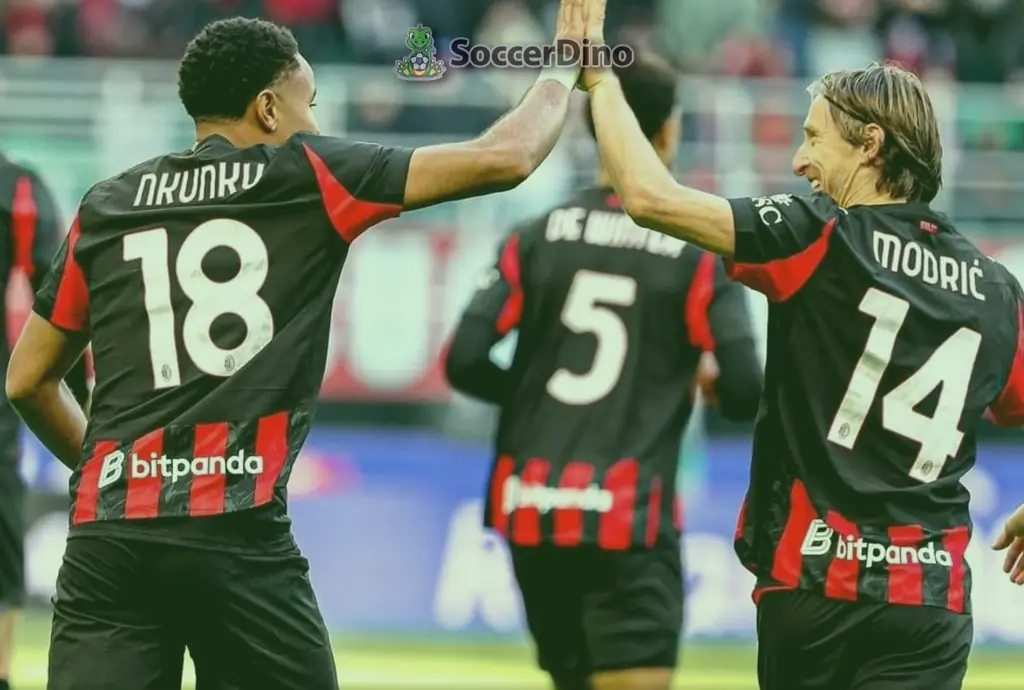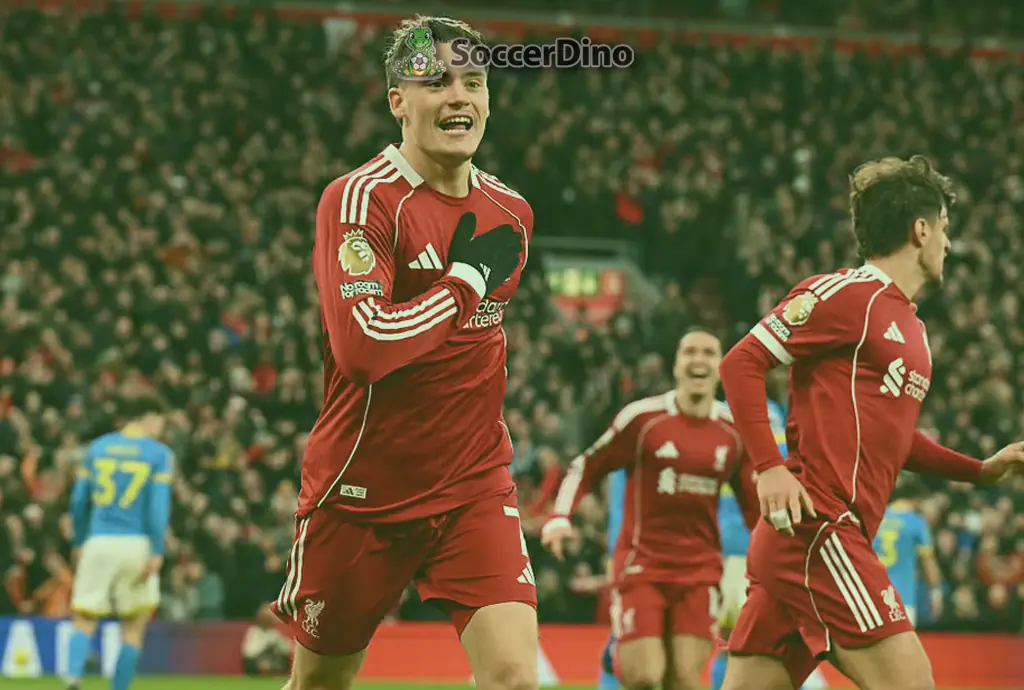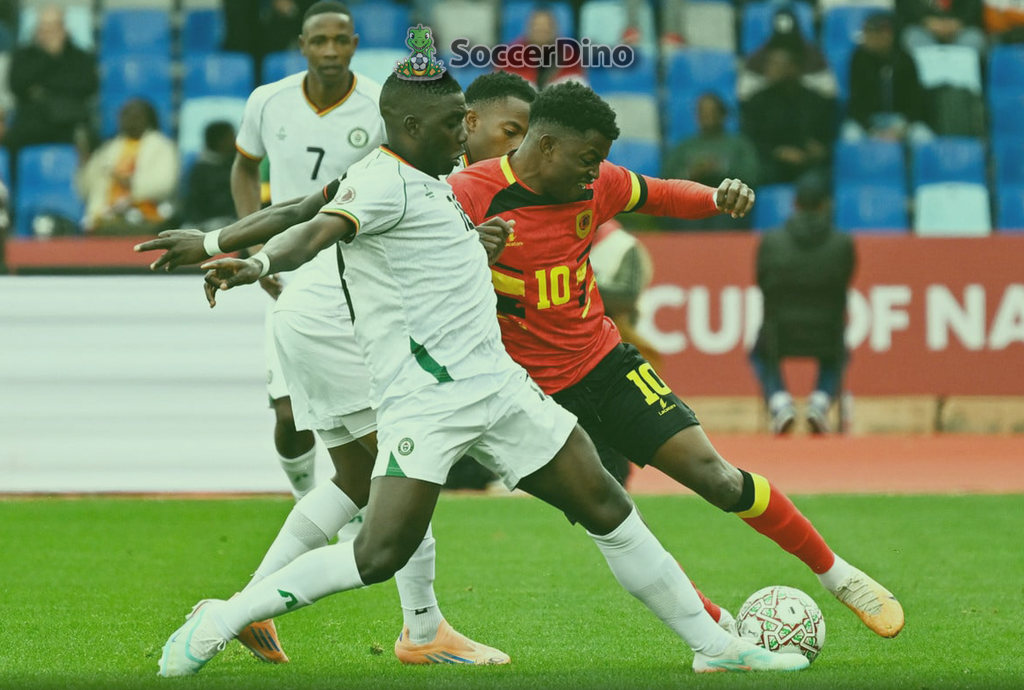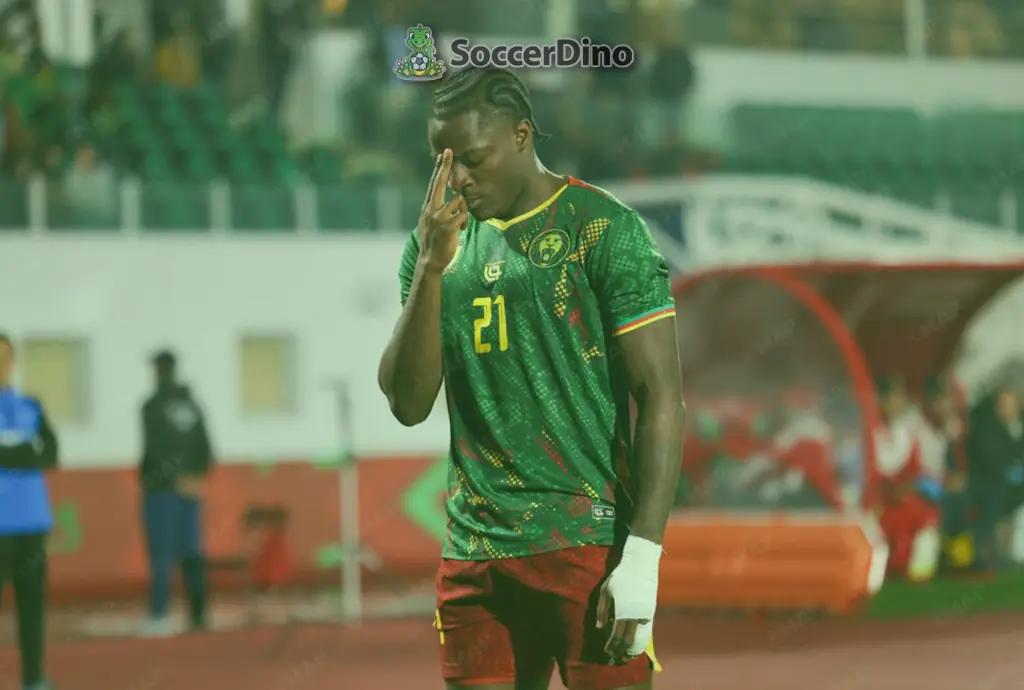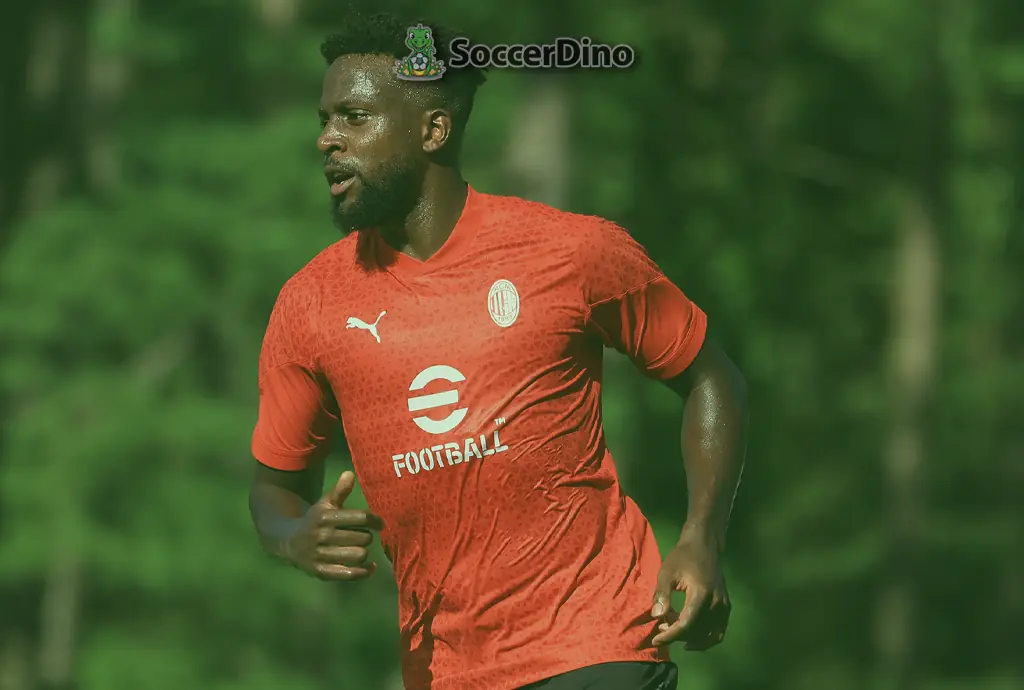Domenico Tedesco has reflected for the first time on his turbulent spell as head coach of Belgium and his eventual dismissal in January of this year. The German described the circumstances as difficult.

Domenico Tedesco was appointed head coach of the Belgian national team in February 2023, stepping into the role with a mixture of optimism and high expectations.
Belgium, once heralded as having a “Golden Generation,” was entering a period of transition. Key players such as Eden Hazard had retired from international football, and several others including Kevin De Bruyne and Romelu Lukaku were entering the latter stages of their careers. Tedesco’s task was to usher in a new era, rebuild the squad, and maintain Belgium’s competitive edge on the international stage.
However, despite the initial enthusiasm surrounding his appointment, Tedesco’s time at the helm proved to be short-lived and filled with behind-the-scenes turbulence. In a recent podcast interview with BILD, quoted by Het Laatste Nieuws, the 39-year-old German-Italian coach opened up for the first time about his turbulent 23-month tenure and the reasons he believes contributed to his dismissal in January 2025.
“I was unlucky that there were a lot of changes within the football federation in a short amount of time,” Tedesco said. “I signed my contract in February, but even before I had the chance to coach my first match, the CEO Peter Bossaert was already gone. That kind of instability is difficult for any coach.”
The changes didn’t stop there. According to Tedesco, the Belgian FA underwent near-constant leadership turnover during his spell. “I worked with three presidents, four sporting directors, and two technical directors,” he explained. “When the people at the top keep changing, so does the philosophy. One day you're being asked to build a long-term project with youth, and the next day you're told that only results matter. Then it becomes hard to speak of one single federation.”
Such inconsistency at the organizational level posed serious challenges for Tedesco’s plans. A coach often depends on continuity not just in the dressing room, but also in the boardroom—to implement a vision. Without a unified direction or stable support from the federation’s leadership, Tedesco found it increasingly difficult to do his job effectively.
Beyond the internal issues, Tedesco’s Belgium faced the inevitable pressure that comes with managing one of Europe’s top national teams. He took charge of 24 matches, including competitive qualifiers, friendlies, and tournament games. While his record wasn’t poor, with a number of convincing wins and a solid qualifying campaign for Euro 2024, expectations are always sky-high for the Red Devils.
At the European Championship, Belgium entered the tournament with cautious optimism. Though no longer outright favourites, the squad still possessed considerable talent and experience. However, their campaign ended in disappointment. After a mixed group stage performance, Belgium were eliminated in the Round of 16 by France, a result that many viewed as respectable given the strength of the opponent, but still far from the ambitions held by the federation and fans.
The early exit added to the scrutiny surrounding Tedesco, though the coach insists that sporting results alone were not the core issue. “We knew that the Euros would be a challenge. But I still believe we could have done more if we had stability off the pitch. A clear line of communication, a consistent long-term plan those are things every coach needs. Unfortunately, I didn’t have that luxury.”
In the weeks following Belgium’s exit from the tournament, rumours about Tedesco’s future began to swirl. His dismissal was officially confirmed in January 2025, bringing an end to what he described as a promising but ultimately frustrating chapter.
Despite the disappointment, Tedesco spoke without bitterness, instead choosing to reflect on the experience with a sense of maturity. “It was an honour to work with a group of such talented players and to represent a footballing nation like Belgium. I learned a lot. Sometimes, things just don’t align the way you want them to.”
Since his departure, the Belgian FA has moved quickly to begin a new cycle, appointing veteran coach Rudi García as his successor. García, who brings with him a wealth of experience from top European clubs, is now tasked with continuing the transition Tedesco started balancing the integration of emerging talents with the final years of Belgium’s remaining stars.
As for Tedesco, his reputation in European football remains intact. Despite the premature end to his tenure with Belgium, his previous success with clubs like RB Leipzig and Schalke 04 ensures he will remain a sought-after figure. Whether he returns to club football or takes on another national team project, he is likely to approach it with the hard-earned perspective of a coach who has learned firsthand how vital stability, vision, and institutional support are to success at the highest level.
For now, the former Red Devils boss is taking time to reflect before deciding on his next step. But one thing is certain: his time with Belgium, though brief and complicated, has added another layer to the profile of a coach still very much in the ascendancy.
